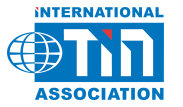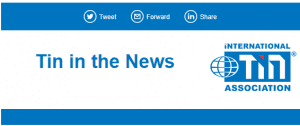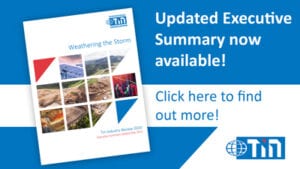The second meeting of Aung San Suu Kyi’s 21st Century Panglong peace process, which was originally scheduled for mid-February, appears to have been postponed and is not expected to be held until mid-March at the earliest. The peace process has been closely followed by those with concerns over the responsible sourcing of tin from the areas controlled by the UWSA, a major ethnic armed group, which is a major supplier of tin ore and concentrate to China, exporting tin metal content of 57,000 tonnes in 2016.
Discussions with ethnic armed groups around this situation appear to have made limited progress and seven main groups recently announced that they will not sign a peace agreement with the Myanmar government in its current form. This statement was signed on the final day of a meeting hosted between 22-24 February by the United Wa State Army (UWSA) at their headquarters in Panghsang.
The statement is reported to have called for a new ceasefire agreement, the formation of a genuine Federal Union based on bilateral agreements made with the former military government, an end to Myanmar army offensives in ethnic minority regions and the start of a political dialogue on an all-inclusive basis. The formation of a new committee of the ethnic armed groups will be formed to develop a new approach to the peace process. Significantly, a previous 29-page general policy of the UWSA towards the Panglong will be adopted by the other ethnic armed groups.
This comes at a time when reports suggest fighting in the China-Myanmar frontier areas is at its most intense since the 1980s where at least 160 people have died in three months of clashes between the military and ethnic armed groups in Myanmar’s Shan State. While significant quantities of tin are mined in an area controlled by the UWSA there is currently no direct conflict in this location.


